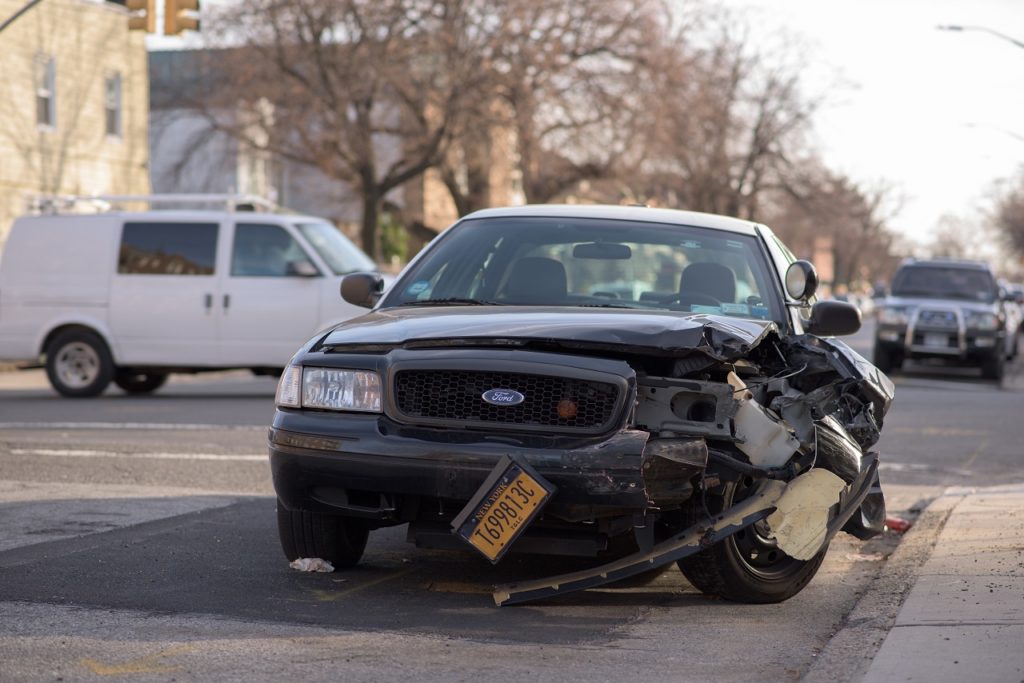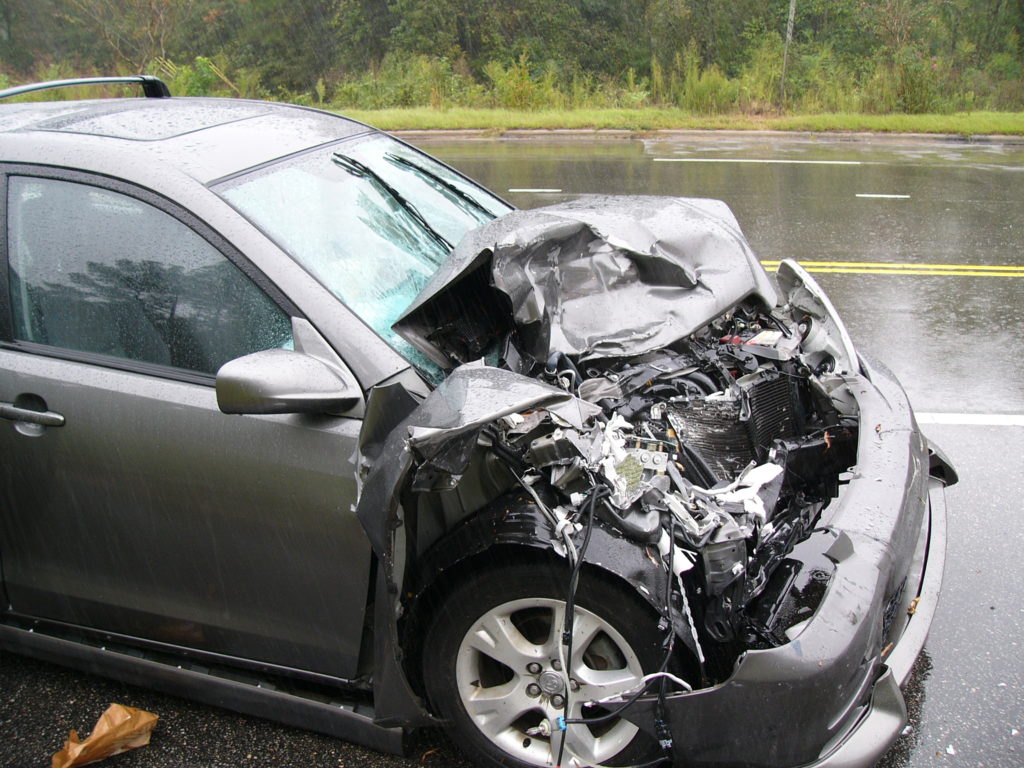There’s nothing more frustrating to a motorist than when another driver runs you off the road and doesn’t stop! You did everything right but still, end up being massively inconvenienced. The worst part is the culprit could end up getting away with it, given how hard it would be to track them down.
Suppose for a moment that the shoe was on the other foot. What if you were the driver whose instincts told them to flee the scene? What most hit and run drivers fail to realize are the serious legal ramifications that await them when they flee the scene of an accident. In this article, we explore what to do in a hit and run. Read on.
What Is a Hit and Run Accident?
A “hit and run” is defined as a car accident involving another car, a pedestrian or a fixed object where the party responsible for the incident leaves the scene without stopping to identify themselves or offer to help, to anyone that might have sustained any injuries. Some states include collisions with animals in their definition.
You’ll be surprised to learn that in the eyes of the law, it doesn’t matter whether or not you were responsible for causing the accident. The mere act of leaving the scene makes you culpable.

If you leave the scene to seek emergency assistance and return to the scene immediately after, most states don’t consider that criminal. For an accident to be considered a hit and run, it must occur on a highway or a public road.
A parking lot collision is also classified as a hit and run in some states. So, if you hit an unoccupied car in a parking lot and fail to leave a note containing your contact information, this would be tantamount to a hit and run.
What to Do After a Hit and Run
While each state has its distinct laws regarding what constitutes a hit and run, most of these laws are quite similar with regards to what duties each party must meet and the criminal liability involved when the perpetrator flees the scene of the crime.

If you’re involved in a hit and run accident, you are required to:
- Remain at the accident scene until law enforcement officers arrive
- Call for medical assistance if you see that anyone on the scene has sustained injuries
- Provide identity and contact information
- Give an accurate account to police officers at the scene on what transpired. This is important so that fault can be determined fault and damages sought for any injuries or damage caused.
As far as evidence-gathering goes, ensure that you take photos of the accident scene to determine who was at fault. You should also get the contact information of any parties that may have witnessed the accident.
They may help to establish that you weren’t at fault and perhaps corroborate your version of events leading up to the accident.
Failing to provide identity and contact information is a violation in itself and can lead to criminal charges being leveled against you. Information you are obligated to provide includes:
- Name and contact information
- Driver’s license number
- Car license plate number
- Insurance information

When providing your driver’s license number, do not provide a photo of your ID. This is important since you have the right to protect your information.
Legal Repercussions
Criminal penalties for hit and run accidents fall into two categories: Misdemeanours or Felonies. Felonies occur when you leave the accident scene where one or more of the parties affected sustained injuries. Penalties for this category can be quite severe, ranging from $5,000 fines to a whopping $20,000 fines, or a prison term of up to 15 years depending on the nature of the accident.
Don’t be fooled by the term “misdemeanor” either. It might sound like a minor offense, but in some states, these carry a fine of up to $5,000 or a one-year prison sentence.
Any misdemeanor or felony conviction of a hit and run results in the automatic suspension of your driver’s license. In some states, it could lead to a lifetime revocation of your license, which effectively means you’ll never get behind the wheel of a car in the future.

That’s not all. Aside from the criminal and administrative penalties you face, the parties involved in the crash may sue you in court to recover damages for property damage, medical bills and lost wages if they had to spend time away from work to recuperate.
You should know that most states impose “treble damages” for hit and run perpetrators. This means that if a jury awards the plaintiff $20,000 in damages, the judge triples that amount to $60,000 as punitive damages for reckless and abhorrent conduct.
Your Insurance Policy
In most cases, insurance for hit and run accidents doesn’t cover treble damages, which pretty much means that you’re on your own. What’s more, it is common practice for insurance companies to cancel your auto policy if you are convicted of a hit and run crime.
Get Help from a Car Accident Lawyer
If you’re staring at a possible conviction getting an experienced hit and run lawyer can help mitigate the consequences of your offense. Having the best representation in such cases will better your chances of reducing the charges and penalties associated with the crime.
Any evidence you may have gathered at the scene and witness contacts you saved might come in handy to prove that you were not at fault and lessen the consequences depending on the circumstances surrounding the accident. While defending against hit and run charges is difficult, you can be exonerated. A great criminal defense attorney will know the best course of action to take that won’t ruin your life in the process.
If you have more legal questions, you can also chat online with a Laws101.com attorney where you’ll be instantly connected to a lawyer who can give you legal guidance on your specific case or question.
